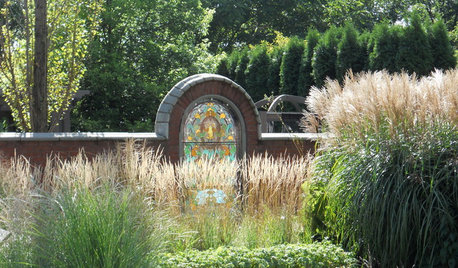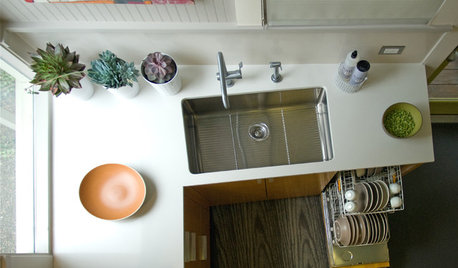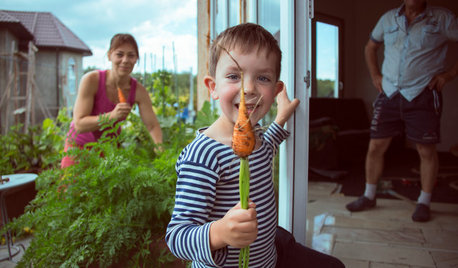Composting moldy hay - a no-no?
betho
16 years ago
Featured Answer
Sort by:Oldest
Comments (14)
tiffy_z5_6_can
16 years agoRelated Professionals
Ilchester Landscape Architects & Landscape Designers · Manorville Landscape Architects & Landscape Designers · Frisco Landscape Contractors · Indio Landscape Contractors · Louisville Landscape Contractors · Natick Landscape Contractors · Paramount Landscape Contractors · Peoria Landscape Contractors · Stallings Landscape Contractors · New Carrollton Landscape Contractors · Vadnais Heights Landscape Contractors · Elkridge Decks, Patios & Outdoor Enclosures · Fort Mill Decks, Patios & Outdoor Enclosures · Livingston Decks, Patios & Outdoor Enclosures · Myrtle Beach Decks, Patios & Outdoor Enclosuresmogardener
16 years agodigdirt2
16 years agobetho
16 years agoKimmsr
16 years agotetrazzini
16 years agocatherine_nm
16 years agoCharlie L
7 years agoCharlie L
7 years agoalbert_135 39.17°N 119.76°W 4695ft.
7 years agolast modified: 7 years agotoxcrusadr
7 years agowayne_5 zone 6a Central Indiana
6 years agokimmq
6 years ago
Related Stories

GARDENING GUIDESGet on a Composting Kick (Hello, Free Fertilizer!)
Quit shelling out for pricey substitutes that aren’t even as good. Here’s how to give your soil the best while lightening your trash load
Full Story
GARDENING GUIDESHouzz TV: Make a Worm Bin for Rich Soil and Happy Plants
A worm-powered compost bin that can fit under a sink turns food scraps into a powerful amendment for your garden. Here’s how to make one
Full Story
GARDENING GUIDESThe Poop Scoop: Enrich Your Soil With Good Old Manure
Get over the ick factor already — this natural super-ingredient for soil has so many benefits, you'll wonder why you ever went chemical
Full Story
GARDENING GUIDESNortheast Gardener's September Checklist
Pluck those tomatoes, enjoy ever-changing grasses and get an eyeful of exuberant zinnias
Full Story
DECORATING GUIDESBreathe Easier by Allergyproofing Your Home
Don't turn your nose up at these simple ways to keep pollen and other allergens from infiltrating your home
Full Story
LANDSCAPE DESIGNGet Along With Less Lawn — Ideas to Save Water and Effort
Ditch the mower and lower your water bill while creating a feast for the eyes with diverse plantings and gathering places
Full Story
GARDENING GUIDESGardening Solutions for Heavy Clay Soils
What’s a gardener to do with soil that’s easily compacted and has poor drainage? Find out here
Full Story
HOUSEKEEPINGHow to Fix a Stinky Garbage Disposal
No plumber’s fee or even a trip to the hardware store is required with these easy solutions
Full Story
GREEN BUILDINGWhy You Might Want to Build a House of Straw
Straw bales are cheap, easy to find and DIY-friendly. Get the basics on building with this renewable, ecofriendly material
Full Story
GARDENING AND LANDSCAPINGWorld of Design: 10 Home Gardeners Show Us Their Sweet Summer Harvests
From New York to Tokyo, these gardeners have turned their yards, terraces and rooftops into places of bounty
Full Story






dchall_san_antonio